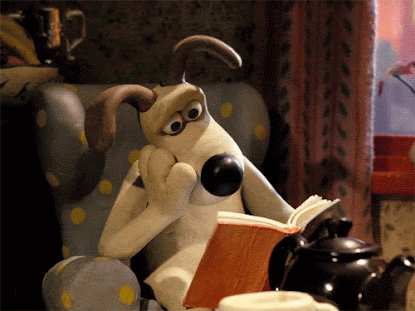A daily ritual is a way of saying I'm taking care of myself.
— Mariel Hemingway
Like hundreds of millions of people around the globe, I wake up every morning and perform precisely the same task.
I brew coffee.
For me, it's more a ritual than a routine.
A routine, psychologists say, is a more or less meaningless activity, while a ritual is purpose-filled.
Brewing coffee certainly is purpose-filled for me.
I'd describe its purpose as "to start the day with elation."
Some days, I know, will deliver several moments of elation.
But some days will not.
My morning ritual compensates for that.
It's like an insurance policy that protects me from a ho-hum day.
"It is unrealistic to want to be happy all the time," says alternative medicine advocate Andrew Weil.
He's right, of course.
But doesn't everyone deserve at least one dose of happiness a day, even if it's caffeine-induced?
The morning ritual is a catalyzer of happiness.
It is a homecoming, a refuge, or, in the words of the German philosopher Byung Chul Han, a "technology for housing oneself."
It gives you the feeling that you're in control, even if that's for only a few minutes of the day.
Victoria Beckham wakes up and drinks two tablespoons of vinegar.
It gives you the feeling that you're in control, even if that's for only a few minutes of the day.
Were I more original, I'd invent my own morning ritual, as did many famous people in the past:
- Ben Franklin sat and wrote naked every morning for an hour after rising.
- John Quincy Adams (also naked) took a dip in the Charles River.
- Jane Austen woke up every morning and played the piano for an hour.
- Alexander Dumas began his mornings with a stroll beneath the Arc de Triomphe, where he would stop to eat an apple.
- Marcel Proust woke every day to smoke a bowl of opium and eat a croissant.
- Winston Churchill drank a whiskey and smoked a cigar first thing every morning.
- Marilyn Monroe drank raw egg yolks in warm milk.
- Elizabeth Taylor arose to eat bacon and eggs with a mimosa.
TV producer Simon Cowell, for example, wakes up every morning and watches Hanna-Barbera cartoons.
Warren Buffet drinks a can of Coke and reads The Wall Street Journal and USA Today, like clockwork.
Michelle Obama wakes up at 4:30 and works out in the gym.
Alexandria Ocasio-Cortez wakes up and drinks water and lemon. "I try to drink it slowly and mindfully,” she told Balance the Grind.
Morning rituals are really all about doing one thing that's important to you, no matter what the day may bring.
The hell with the rest of the world, the morning ritual pronounces: this is mine.
As journalist Jess McHugh wrote in The Washington Post in January, morning rituals "provide a feeling of freedom and a rare moment for self-determination."
What's your morning ritual?
Above: The Morning Coffee by Charles Hawthorne. Oil on canvas. 30 x 30 inches.








